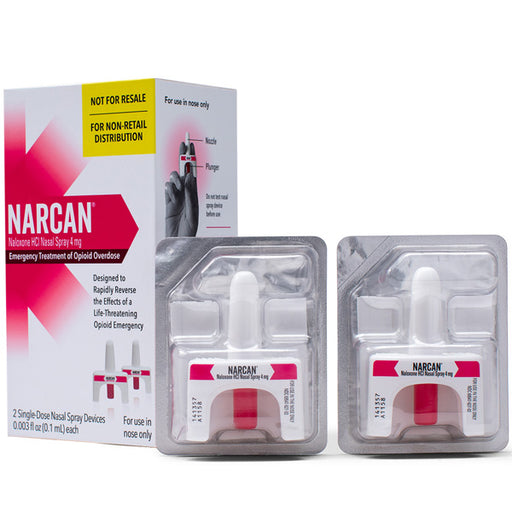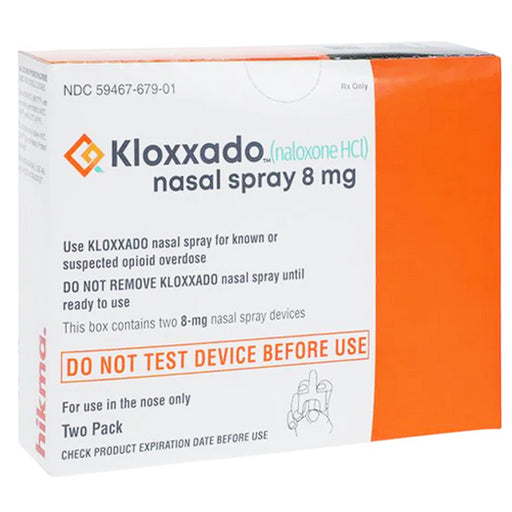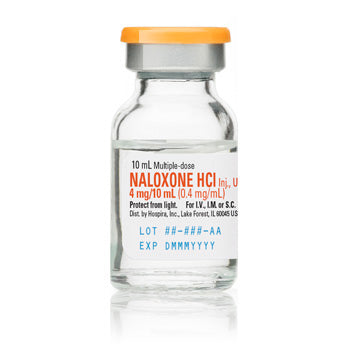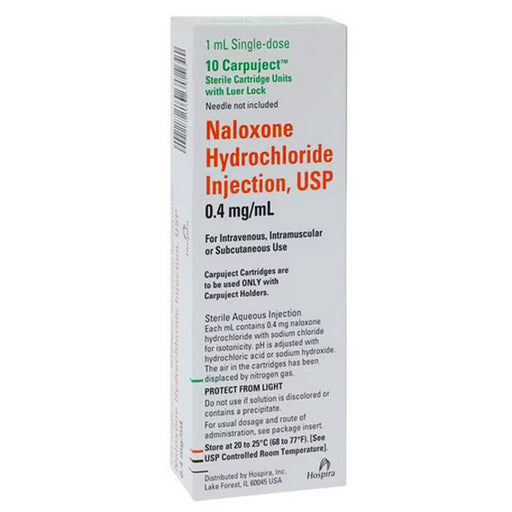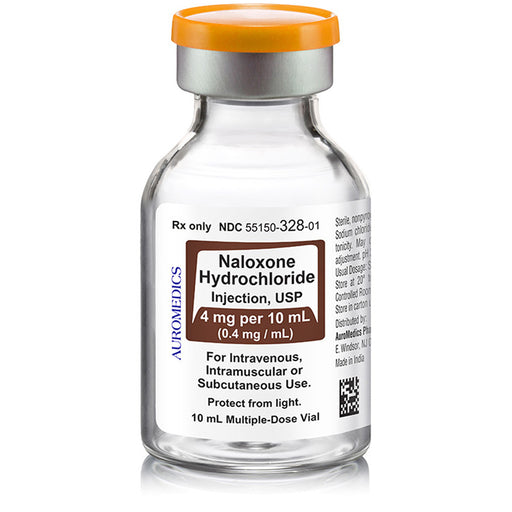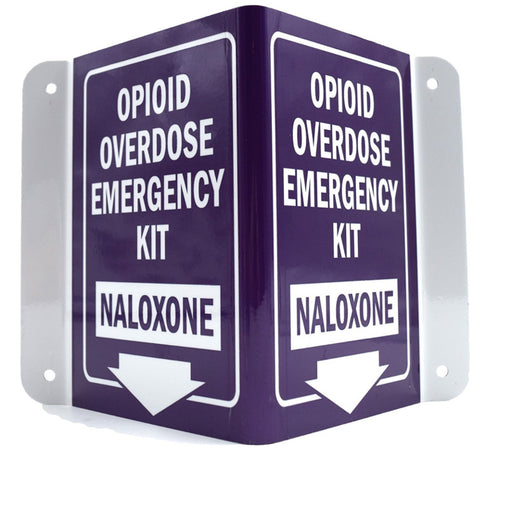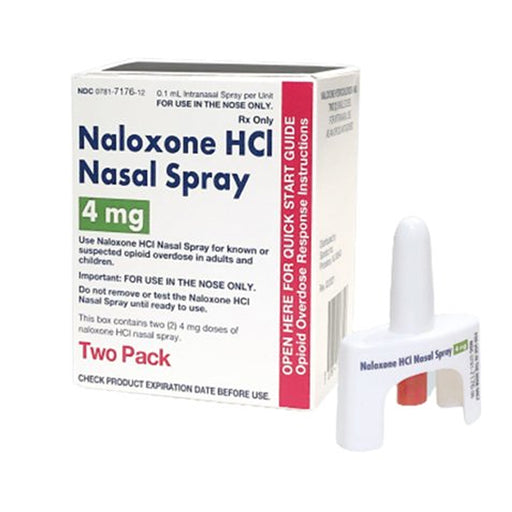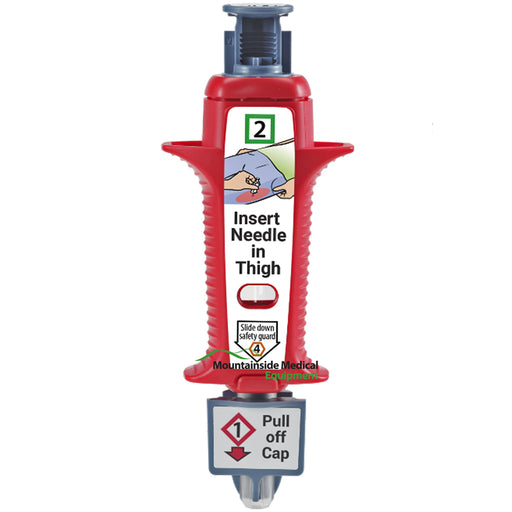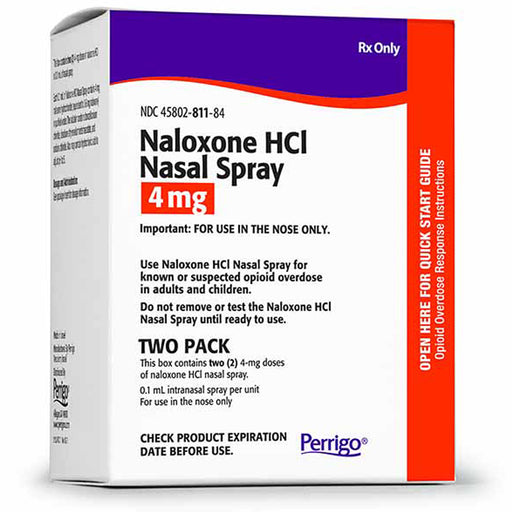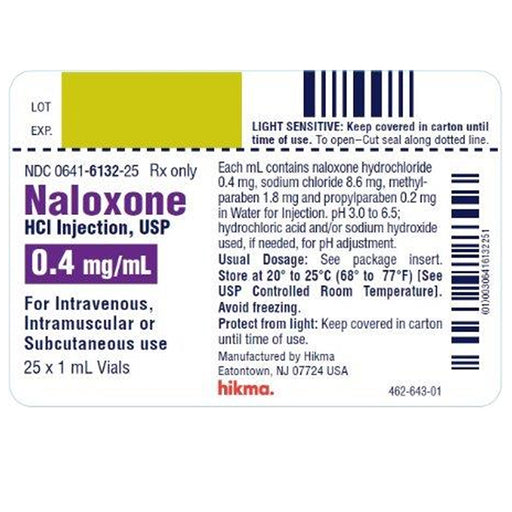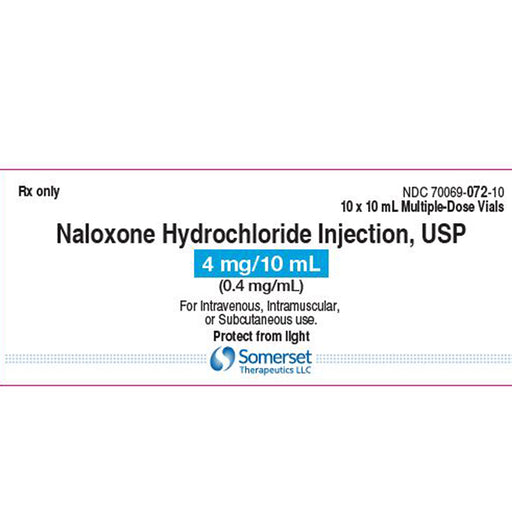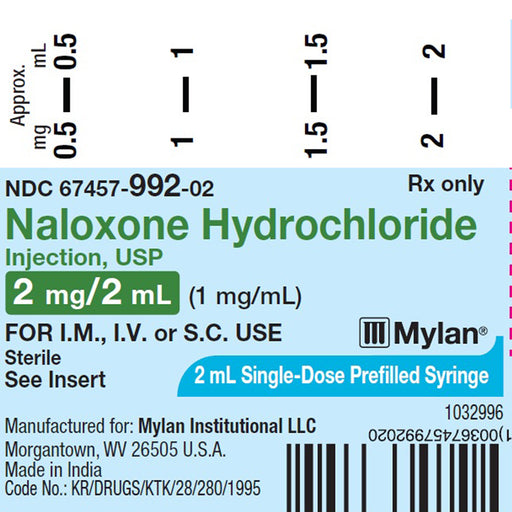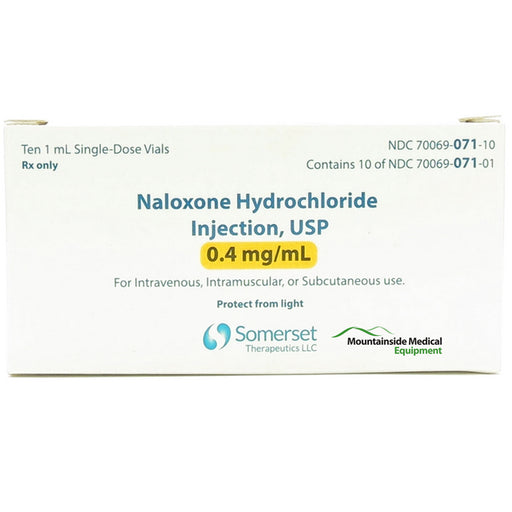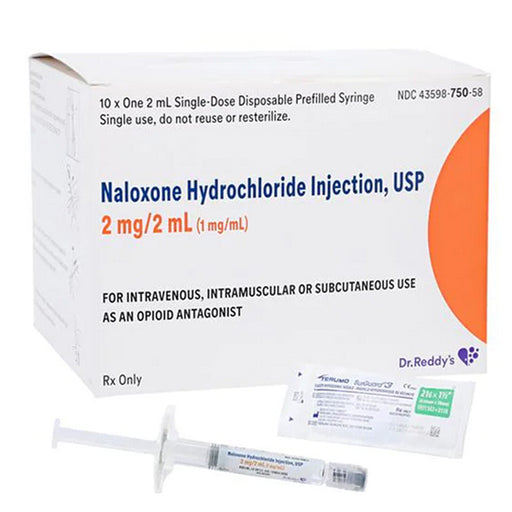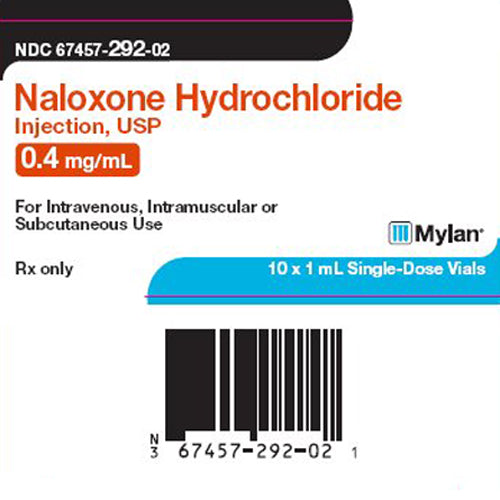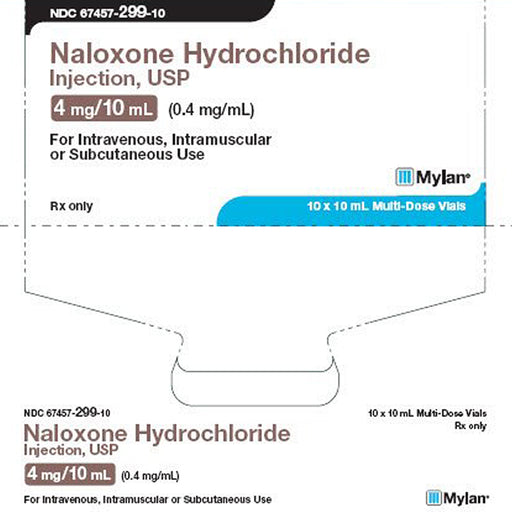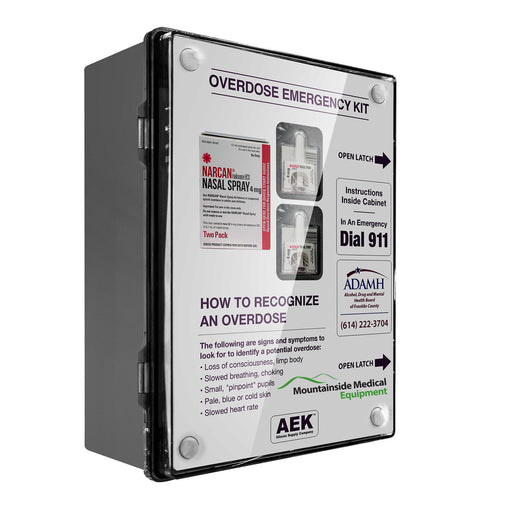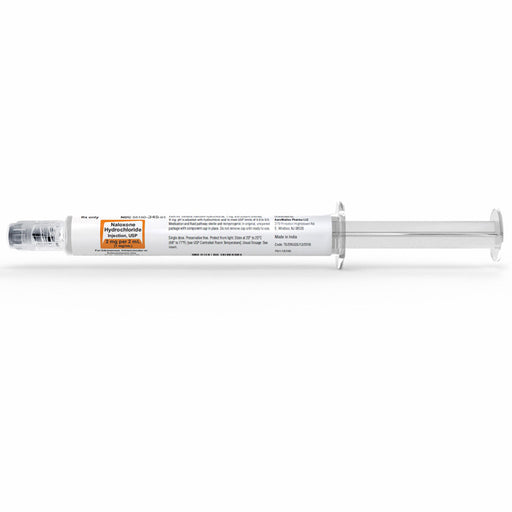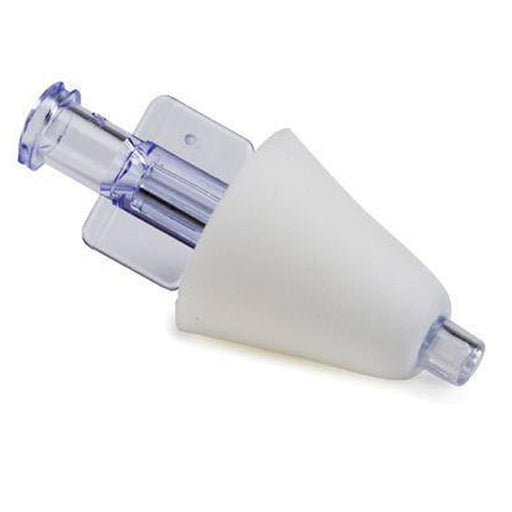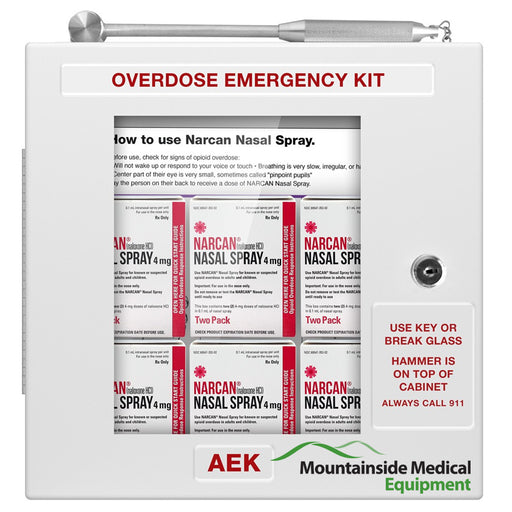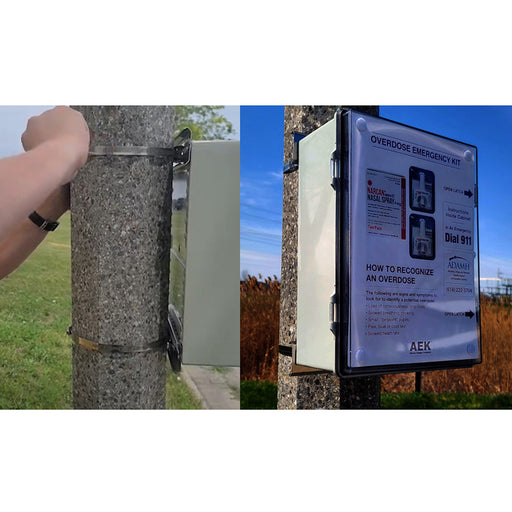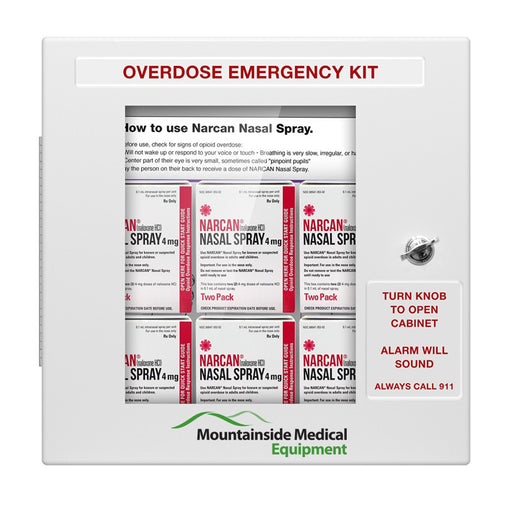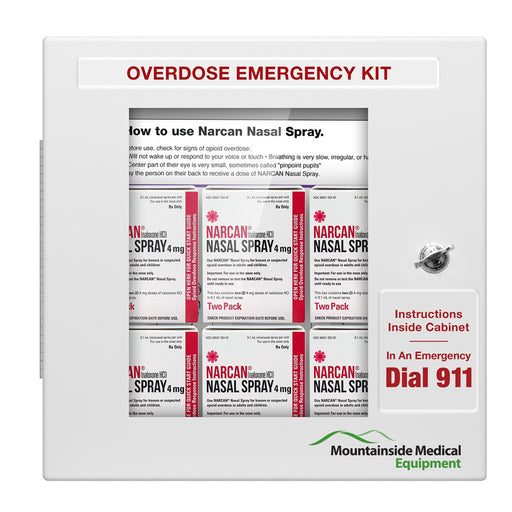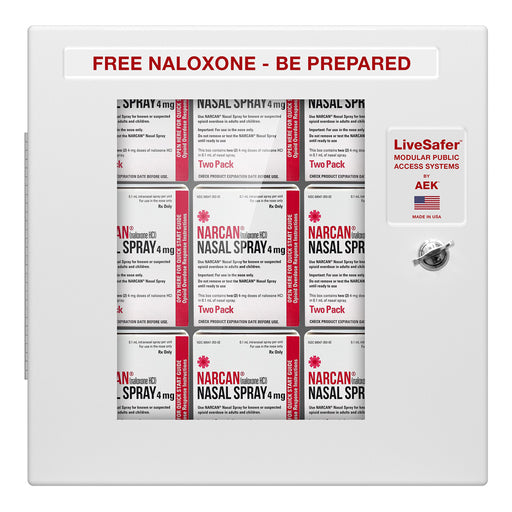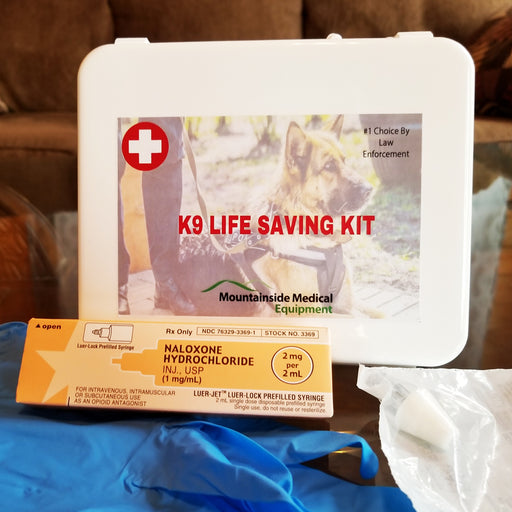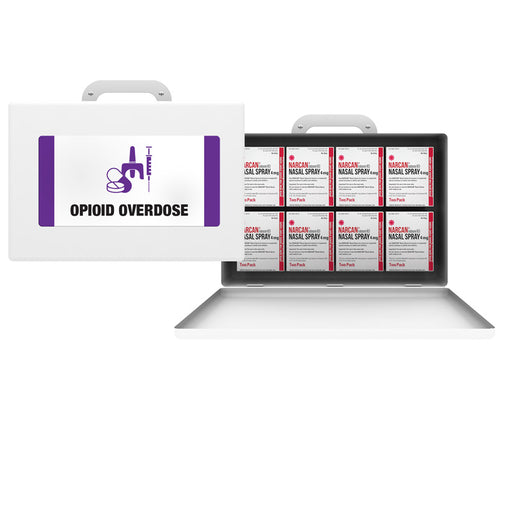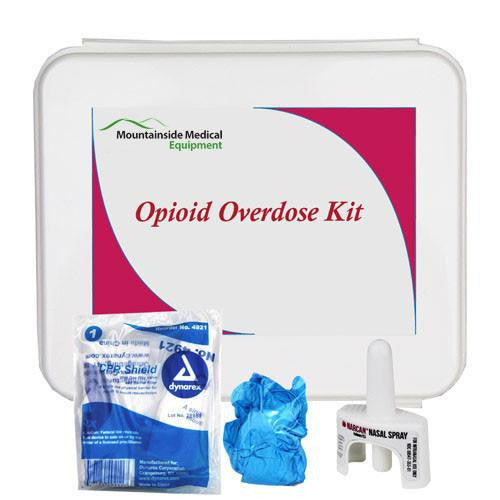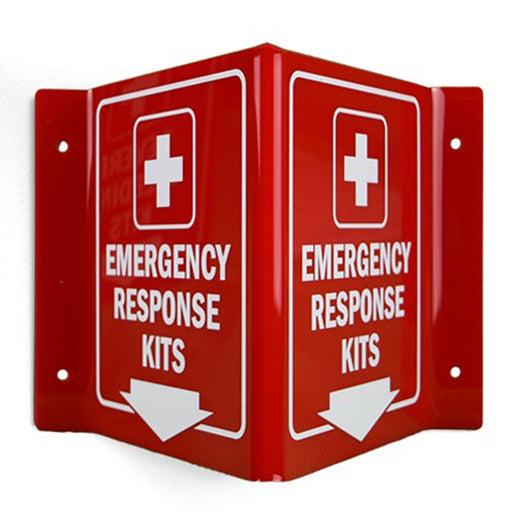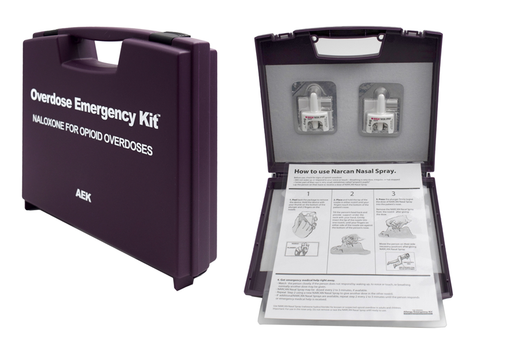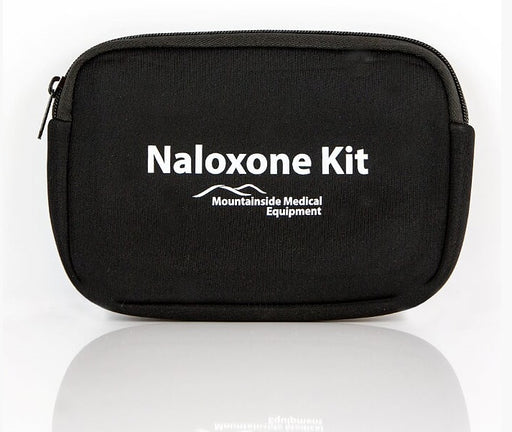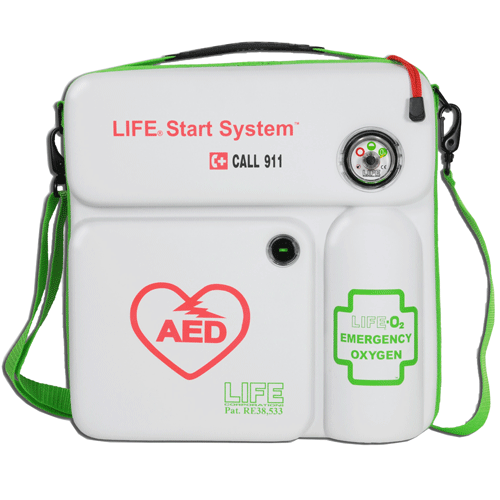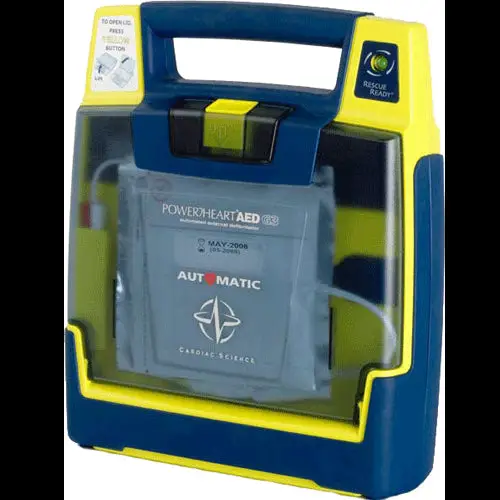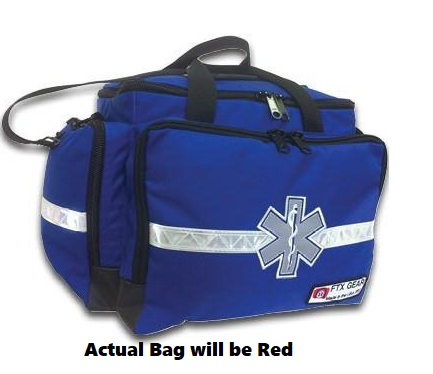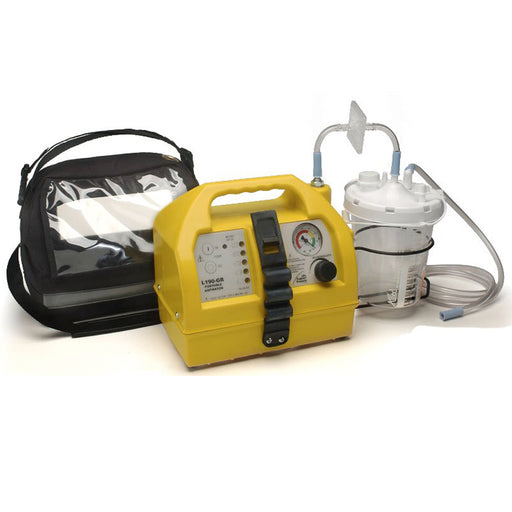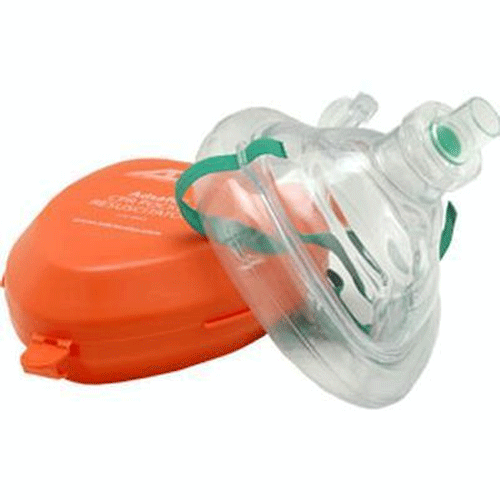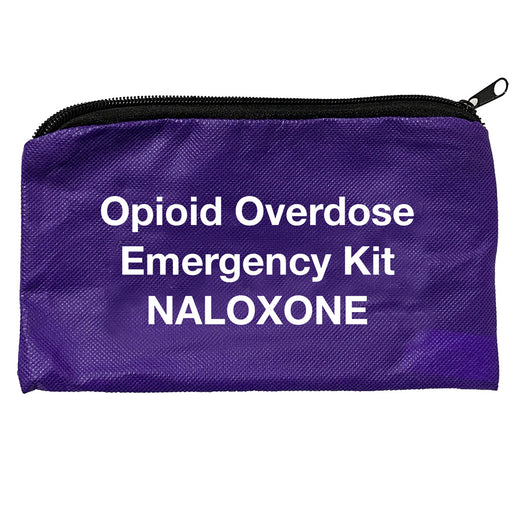What are Life Saving Medications?
Life-saving medications are crucial drugs that can prevent death or serious harm in critical situations. These medications are often used in emergencies, acute care, or for managing chronic conditions that can become life-threatening. Some key types include:
Cardiac Medications:
- Aspirin: Used during a heart attack to reduce blood clotting.
- Nitroglycerin: Relieves chest pain (angina) by dilating blood vessels
- Beta-Blockers: Manage heart rhythm, protect against further heart attacks.
Anticoagulants and Thrombolytics:
- Heparin/Warfarin: Prevents blood clots in veins and arteries.
- Alteplase (tPA): Dissolves clots during a stroke or heart attack.
Antibiotics Broad-spectrum antibiotics combat severe infections and sepsis.
Antihypoglycemics:
- Glucose Tablets/Injection (e.g., Glucagon): Treats severe hypoglycemia in diabetics.
- Used in cases of severe allergic reactions (anaphylaxis) to quickly open airways and maintain blood pressure.
Asthma and COPD Medications:
- Albuterol: A fast-acting bronchodilator for immediate relief during an asthma attack.
Antidotes:
- Naloxone: Reverses opioid overdoses.
- Activated Charcoal: Used in certain poisoning cases to prevent toxin absorption.
- Used to address severe dehydration or electrolyte imbalances.
These life-saving medications are often found in emergency kits, ambulances, and hospitals, and they play a critical role in saving lives during acute medical emergencies.

